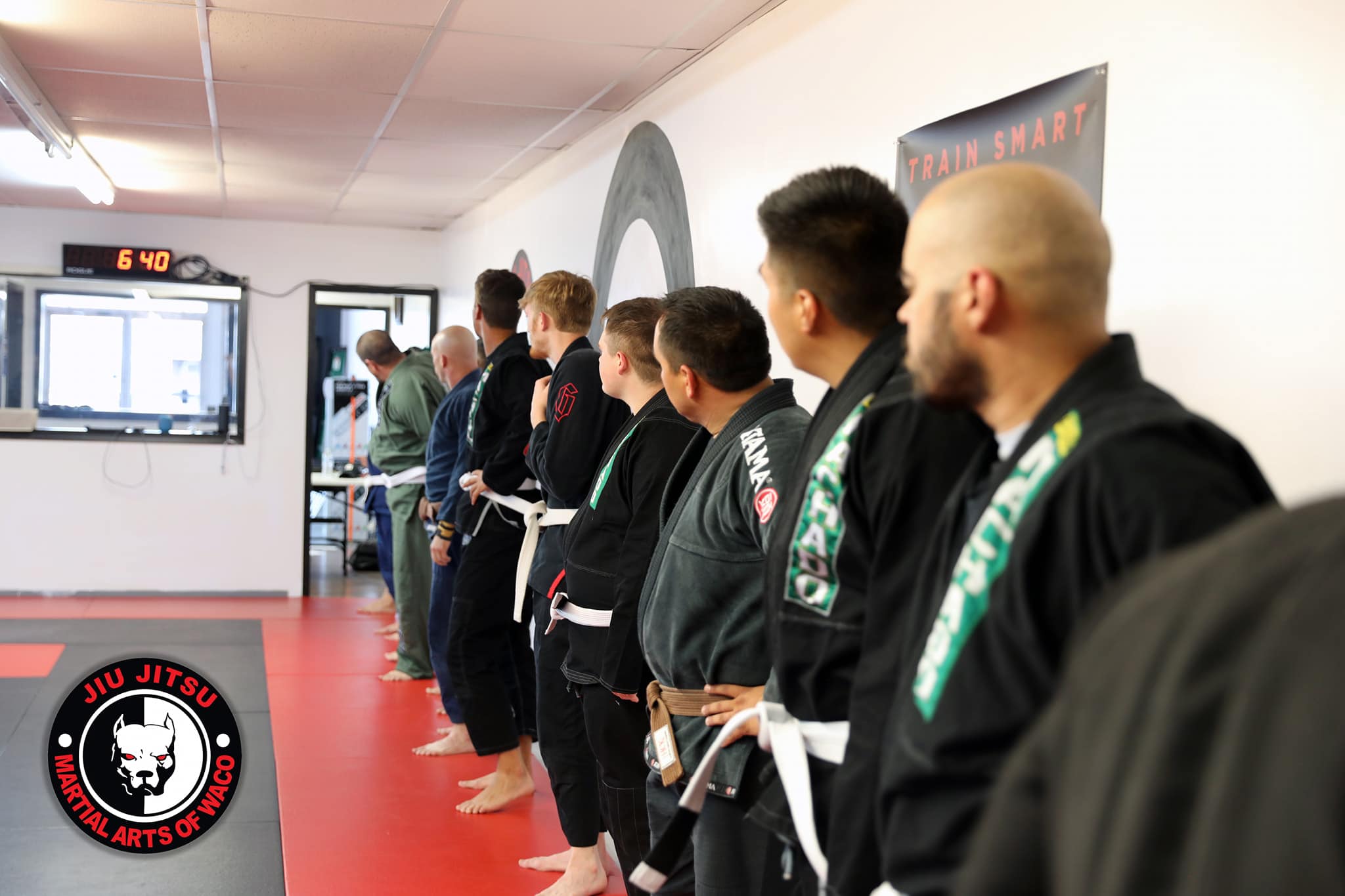Brazilian Jiu-Jitsu (BJJ) is a martial art and combat sport that primarily focuses on ground fighting and submission techniques.
Brazilian Jiu-Jitsu (BJJ) is a martial art and combat sport that primarily focuses on ground fighting and submission techniques. While it’s not a traditional striking-based self-defense system, BJJ can be an effective component of a self-defense strategy, especially in situations where the fight goes to the ground. Here’s how BJJ can be applied to self-defense:
- Control and Escapes: BJJ teaches control positions and escapes from various holds and pins. This knowledge can be invaluable in real-life situations when an aggressor tries to pin you down or restrain you.
- Submissions as a Deterrent: The ability to apply joint locks or chokes can act as a deterrent. In some cases, simply knowing that you have these skills can prevent an attacker from escalating the situation.
- Ground Defense: If a confrontation goes to the ground, BJJ can give you the skills to defend yourself effectively, even against larger opponents. You can neutralize threats, create space, and escape dangerous situations.
- De-escalation Skills: BJJ training often emphasizes de-escalation and avoiding conflict when possible. Knowing how to control your emotions and stay calm under pressure is crucial in self-defense.
- Awareness and Avoidance: BJJ practitioners often develop a heightened sense of awareness, which is critical for self-defense. Avoiding dangerous situations and recognizing potential threats is a fundamental aspect of staying safe.
- Fitness and Conditioning: BJJ training can significantly improve your physical fitness, which can be an advantage in self-defense situations, allowing you to better respond to physical threats and escape dangerous situations.
- Self-Confidence: Building confidence through BJJ training can make you less of a target for potential aggressors. Confident body language and demeanor can discourage attackers.
- Weapon Retention: In self-defense situations involving weapons, BJJ training can help you control or disarm an assailant while minimizing the risk of harm to yourself.
- Multiple Attackers: While self-defense against multiple attackers is challenging, BJJ can teach you how to control one person on the ground, which can be useful in gaining an advantage if others are involved.
It’s important to note that while BJJ can be a valuable component of self-defense, it should not be your sole focus. A well-rounded self-defense strategy should also include situational awareness, de-escalation skills, and an understanding of legal aspects and local self-defense laws.
Additionally, BJJ training typically takes place in a controlled environment with rules and a trained partner. Real-life self-defense situations are unpredictable and may involve multiple attackers, weapons, and different scenarios. Therefore, it’s essential to complement your BJJ training with self-defense courses that address a wider range of scenarios and situations.
Always prioritize your safety and try to avoid confrontations when possible. If you’re serious about self-defense, consider seeking guidance from self-defense experts or law enforcement professionals who can provide specialized training and advice.
